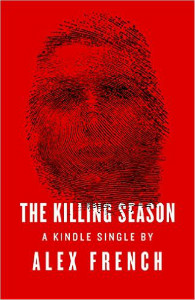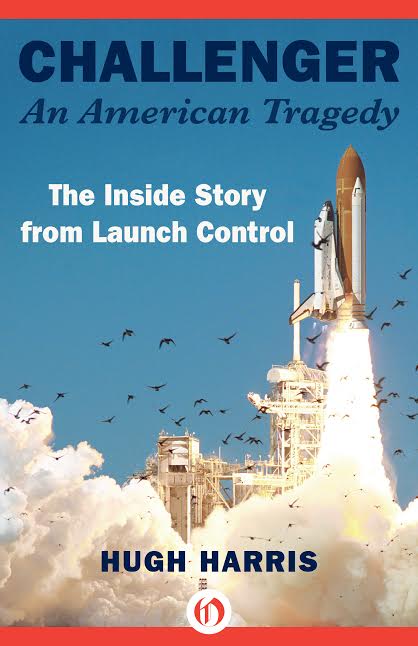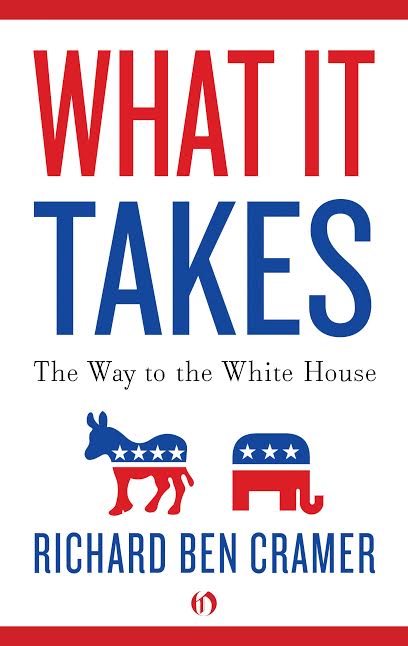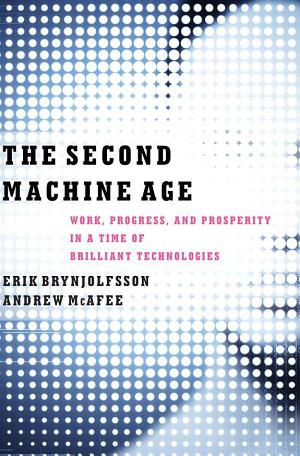
How an Aspiring 'It' Girl Tricked New York's Party People
“Anna looked at the soul of New York and recognized that if you distract people with shiny objects, with large wads of cash, with the indicia of wealth, if you show them the money, they will be virtually unable to see anything else. And the thing was: It was so easy.”










